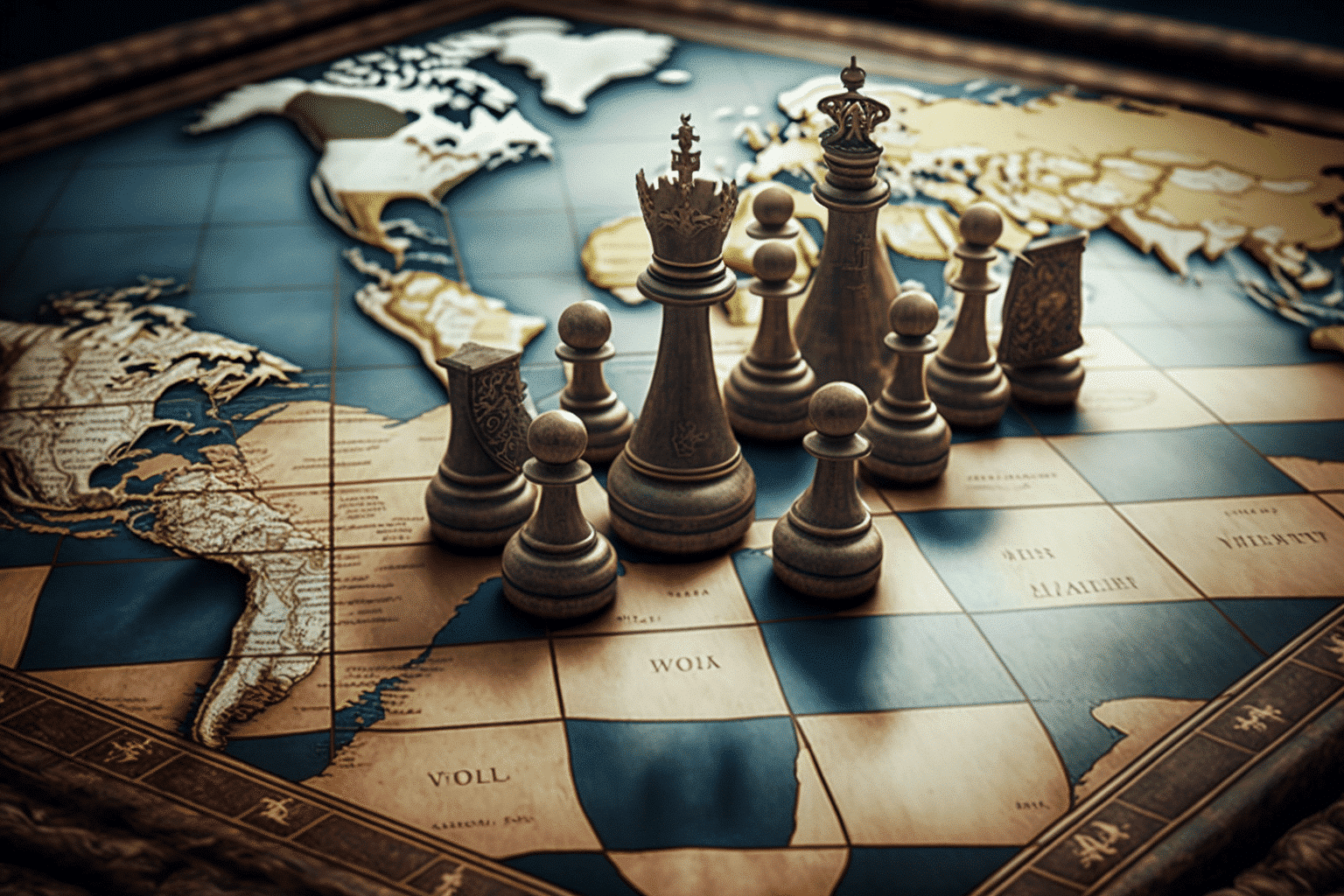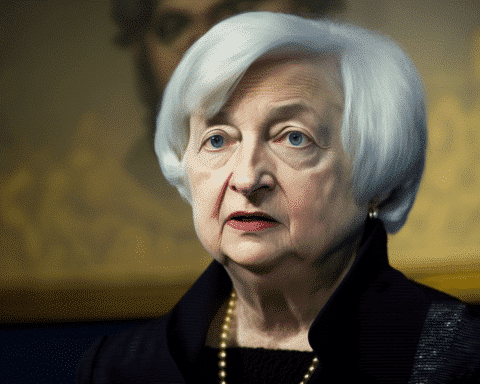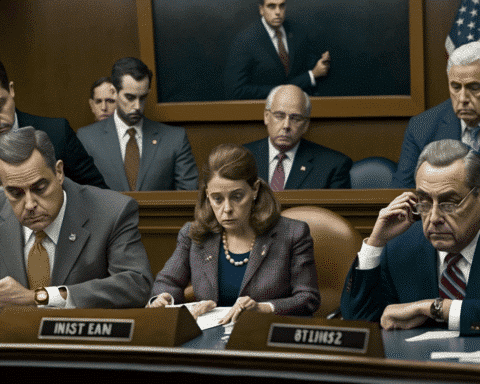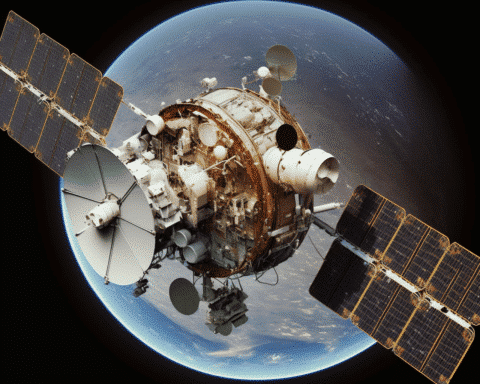President Xi Jinping announced that a Chinese envoy would be sent to Ukraine to explore potential political resolutions to the ongoing war with Russia. While China has historically avoided involving itself in foreign conflicts, it increasingly asserts its role as a global diplomat. In March, the facilitation of talks between Saudi Arabia and Iran restored diplomatic relations.
In a phone call with Ukrainian President Volodymyr Zelenskyy, Xi mentioned that the Chinese envoy, who previously served as China’s ambassador to Russia, would visit Ukraine and other countries to discuss possible political solutions. The statement did not mention Russia or the invasion of Ukraine, nor did it specify whether the envoy would visit Moscow.
China’s involvement in the conflict is significant, as it maintains friendly relations with Moscow and holds economic leverage as the largest buyer of Russian oil and gas following the cessation of most purchases by the United States and its allies. China sees Russia as a diplomatic partner in opposing US dominance in global affairs and has used its position as one of the five permanent members of the UN Security Council to protect Russia from diplomatic repercussions.
Zelenskyy had previously expressed openness to Chinese mediation efforts. China’s increased involvement in global diplomacy is part of a broader effort to reestablish itself as a political and economic leader and to create an international order that supports Beijing’s interests. This shift marks a departure from its previous focus on domestic economic development.
China’s potential mediation in the Russian-Ukrainian conflict would expand its presence in Eastern Europe, where it has been building relationships with various governments, raising concerns among some European officials that China is attempting to gain influence over the European Union.
Despite China’s close relationship with Russia, some experts doubt its ability to succeed as a mediator in the conflict. Political science professor Kimberly Marten of Barnard College at Columbia University in New York suggests that China’s proximity to Russia may hinder its effectiveness as a peacemaker.
Before the conflict, China was Ukraine’s largest trading partner, though on a smaller scale than its trade with Russia. While relations between China and Ukraine have been strained since the start of the war, the two countries have maintained cordial relations. China’s foreign minister has pledged not to provide arms to either side in the conflict, benefiting Ukraine, which has received military support from the United States and European governments.

China’s recent diplomatic efforts have garnered mixed reactions from the international community. China’s involvement in mediating the Russian-Ukrainian conflict could be constructive, given its unique position as a significant government with friendly ties to both sides. However, others argue that China’s close relationship with Russia could make it difficult for Beijing to act as an impartial mediator in the dispute.
In light of the Chinese ambassador to France’s controversial remarks suggesting that former Soviet republics, including Ukraine, might not be sovereign nations, some speculate that President Xi’s call to discuss mediation with President Zelenskyy may have been a strategic move to divert attention from the uproar caused by the ambassador’s statement. Following the controversy, Beijing reaffirmed its respect for the sovereignty of former Soviet states and clarified that the ambassador’s comments were personal opinions rather than official policy.
China’s efforts to increase its presence in Eastern Europe and build stronger ties with regional governments have raised concerns among European officials. They fear China’s growing regional influence could undermine the European Union’s authority and create divisions within the bloc. This has increased scrutiny of China’s actions and intentions in the region.
As the Russian-Ukrainian conflict continues, whether China’s mediation efforts will yield tangible results or contribute to a peaceful resolution remains to be seen. The success of these efforts will depend on China’s ability to maintain a balanced approach, considering the interests of Russia and Ukraine. The international community will be closely watching China’s role in the conflict, as it could have significant implications for global diplomacy and the future of the international order.
China’s decision to mediate the Russian-Ukrainian conflict signals a significant shift in its approach to global diplomacy. The outcome of its efforts could impact not only the resolution of the conflict but also China’s relationships with Russia and Ukraine, its influence in Eastern Europe, and its overall role in the international arena.




